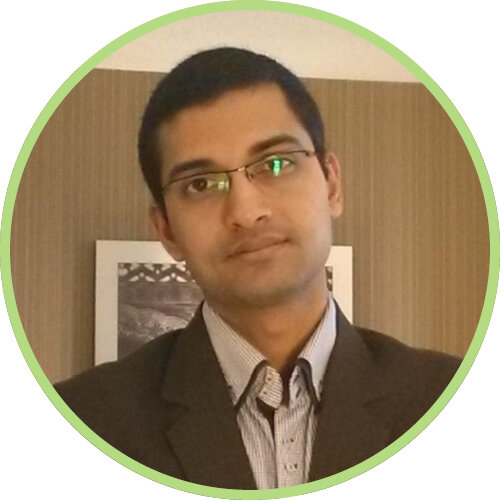Changgong Kim
PhD Candidate in Mechanical Science and Engineering at University of Illinois at Urbana-Champaign
Changgong Kim is a Ph.D. candidate working with Prof. Kathryn Matlack in Wave Propagation and Metamaterials Laboratory at Mechanical Science and Engineering from the UIUC. His research focuses on nondestructive evaluation (NDE) of microstructure and defects of metals. He worked with Dr. Chenhui Shao on the Quantitative Non-Destructive Evaluation of Fatigue Damage Based on Multi-Sensor Fusion REMADE Project. As a member of the project, he has worked on using ultrasound to evaluate the fatigue damage accumulation in aluminum alloys. We asked him about his experience:
Q: How did you become interested in the remanufacturing?
A: Recycling metals for remanufacturing was relatively new to me as I was only familiar with recycling plastics previously. I found it intriguing not just because of the idea of going green, but also by the fact that ultrasound (which is my research area) can play a key role in it. The idea of judging the reusability of the used metals from ultrasonic measurements and how this can lead to saving energy was fascinating. This caught my attention as I could take part in addressing one of the core issues of modern society.
Q: How has your experiences working on a REMADE project changed your understanding of the field?
A: As one of the project participants, I noticed multidisciplinary REMADE projects and learned that energy can be saved in a variety of ways i.e. through design, manufacturing management, and recycling. We may be familiar with these concepts, but their importance deserves more emphasis especially to the researchers working on application-friendly topics. The biggest revelation was that the field of ultrasonic is not just limited to detecting defects but also determining how to optimally reuse the existing material without degrading its performance.
Q: What’s your advice for the new generation of students considering careers in remanufacturing?
A: Remanufacturing is a broad area where multiple techniques intersect industrial needs. As a researcher, I think it is important to have a multidisciplinary understanding. Remanufacturing offers a platform for students to research on hot topics of the modern world and it is worth considering.
Q: Where do you see yourself, in terms of the industry, in 5 years?
A: I am personally interested in the battery and 3D printing industry. Ultrasound has a lot of potentials for the evaluation of materials. Specifically, it can be used to measure changes in micro- to nanoscale microstructure/defects in materials. I’d like to extend my current understanding of ultrasound to apply it to different materials and manufacturing processes.








